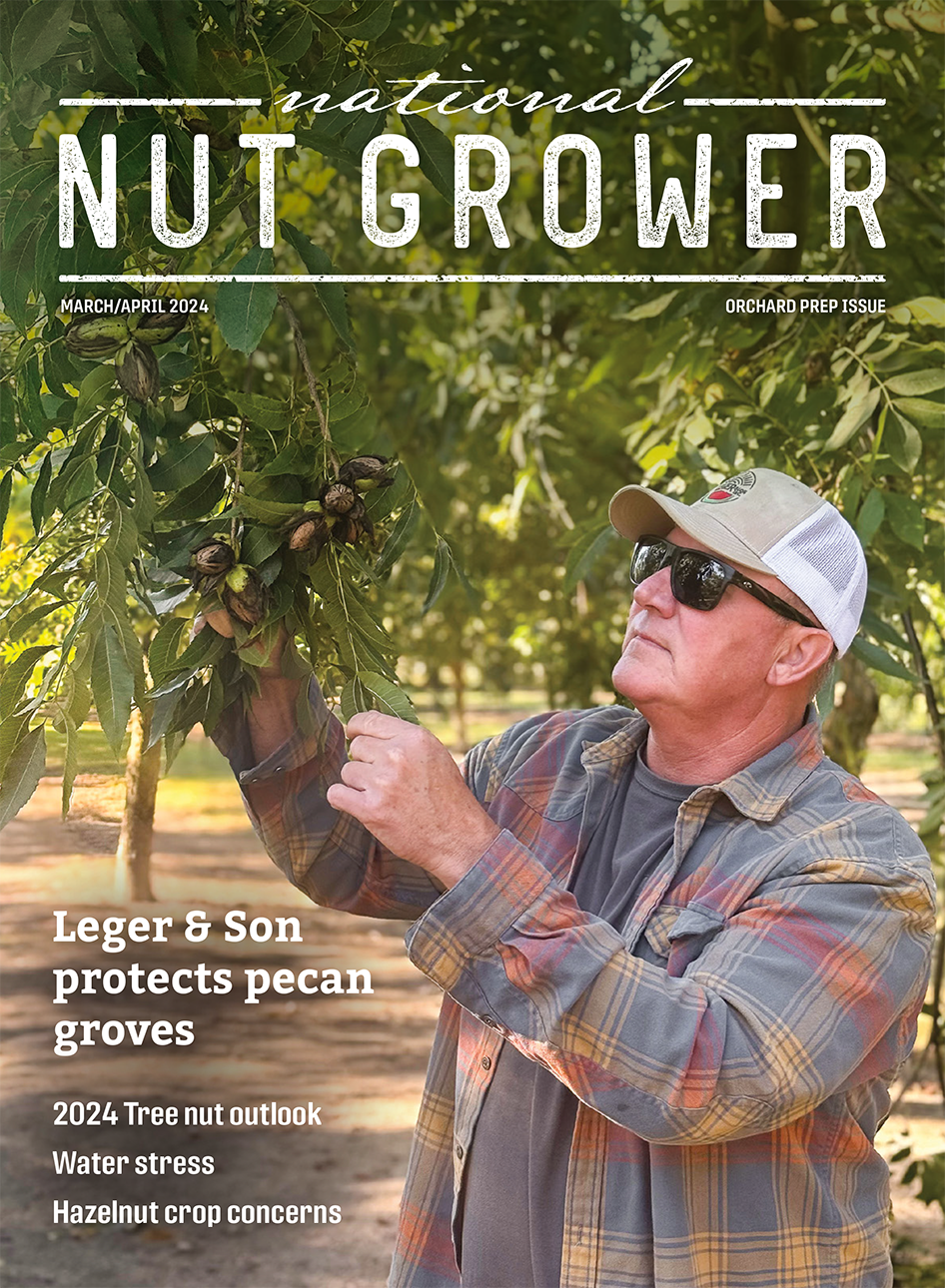Jan 12, 2023Rule banning older trucks is a challenge for agriculture in California
As of Jan. 1, under a newly implemented state rule, large trucks and buses made before 2010 are prohibited from operating in California. The rule, which includes restrictions on the big rigs that transport much of the state’s agricultural produce, is the final phase in a set of clean air regulations passed by the California Air Resources Board (CARB) in 2008.
The rule applies to diesel vehicles that weigh at least 14,000 pounds. At the close of the year, CARB estimated that around 70,000 big rigs, or roughly 10% of the state’s commercial trucks, were not in compliance with the rule.
The Air Resources Board created the regulation because newer engines are better at filtering out toxic particulates. According to state regulators, big rigs emit more than half the vehicle-related pollution in California even though they make up just 6% of the motor vehicles registered in the state.
In a memo released last year, CARB Deputy Executive Officer Craig Segall called the regulation one of the board’s “biggest successes in protecting public health.”
However, as the final requirements of the rule go into effect, farmers and trucking company owners say it imposes a heavy burden, especially for small trucking businesses and agricultural producers using older trucks on a seasonal or part-time basis.
Business owners looking to replace noncompliant trucks with newer big rigs face a steep financial hill.
With the rule now in effect, the older trucks “have no resale value,” said Katie Little, policy advocate for the California Farm Bureau. “The market is saturated with these old trucks, which you have to sell across state lines, so the resale value has really just dropped.”
The next step, purchasing a newer big rig, has been complicated by pandemic-related supply chain issues that have created a months-long backlog for new diesel trucks and inflated the market for used vehicles. To get a big rig made in 2010 or later, prices run anywhere from $50,000 to around $200,000.
For the most part, large trucking companies have had time to transition their fleets, as they get enough use out of them for the investment in new trucks to pay off.
Those who have expressed the most concern about the rule, Little said, have been “smaller family farms that have a truck or two and use them during harvest season or planting season,” but not year-round. “It’s for part-time use, and the cost of investment (to get a new truck) is just really a heavy lift right now,” she said.
Until this year, an agricultural exemption had allowed big rigs made before 2010 to run up to 10,000 miles per year. But that exemption ended as part of the final phase of the rule. People using noncompliant big rigs for agricultural purposes must now abide by a general 1,000-mile limit.
Tom Barcellos, owner of Barcellos Farms, a Tipton-based dairy farm and trucking company, has a fleet of 24 trucks, including six that were made before 2010. Under the 10,000-mile agricultural exemption, Barcellos could use his older trucks to haul feed between his two dairies, which are 3 miles apart, and haul silage from the field.
Now, under the new limit, he may have little choice but to sell those trucks at a low price, as he can’t get the work done while staying within the new limit. “The thousand miles is what’s going to kill us,” Barcellos said.
For some farmers, even just a 2,000-mile limit might be enough. But “unfortunately, the department is sticking hard and fast to their thousand-mile limit,” Little said.
At the same time, Barcellos and other farmers with similar operations don’t put enough miles on their trucks to make it worth investing in new ones that are compliant with CARB regulations.
“It’s not going to generate enough income to pay its bills and warrant that kind of money,” Barcellos said. “It’s challenging for a lot of people.”
The state has provided incentive programs and financial assistance to upgrade to newer diesel trucks, but the return on investment still doesn’t add up for everyone. According to news reports, some business owners, including those shipping fresh produce in the Salinas Valley, have downscaled or left the trucking sector altogether rather than buy expensive new diesel trucks.
Trucking company owners are also weighing other challenges, including higher diesel prices and looming regulations aimed at further curtailing pollution and carbon emissions.
At the moment, CARB is considering a proposed regulation to phase out big rigs and other trucks with internal combustion engines and replace them with zero-emission vehicles, forcing some trucking companies to begin converting their fleets in 2024 and prohibiting the sale of all new fossil-fueled trucks by 2040.
“It seems like these rules are all stacking up against each other, and farmers are going to have to make an investment now (in a newer diesel truck) and then make another large investment (in a zero-emission truck) when the electric vehicle rules come through,” Little said. “It doesn’t give our members a lot of time to recoup the costs of these regulations that seem to be bearing down on them.”
Business owners said the cost of abiding by the regulations will be borne by farmers and ultimately by consumers.
“Looking beyond myself, this is going to end up raising the rate in agriculture in general,” Barcellos said. “No matter what it is — we haul (farm) equipment for other people — the rates are going up because of all the added costs.”
– Caleb Hampton, California Farm Bureau Federation







